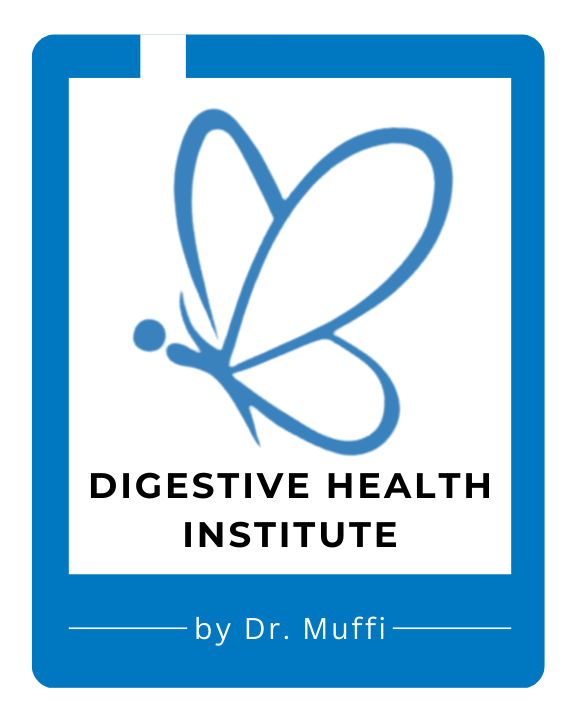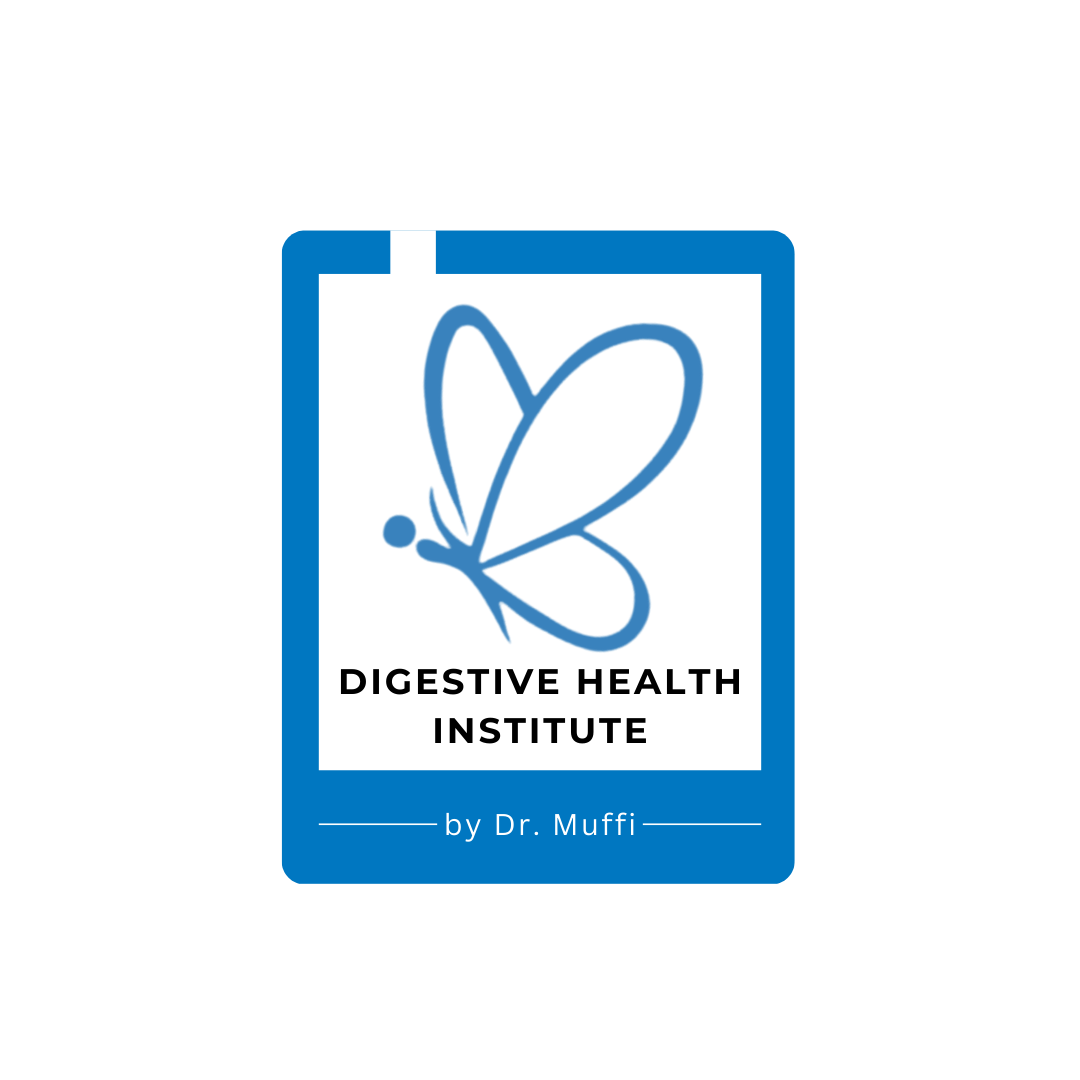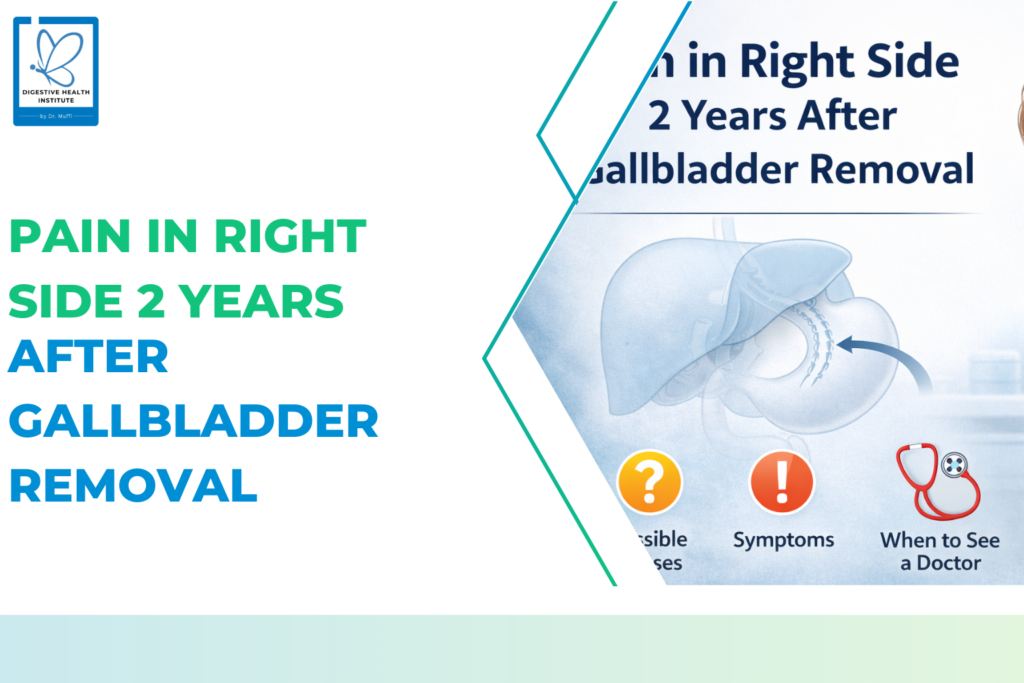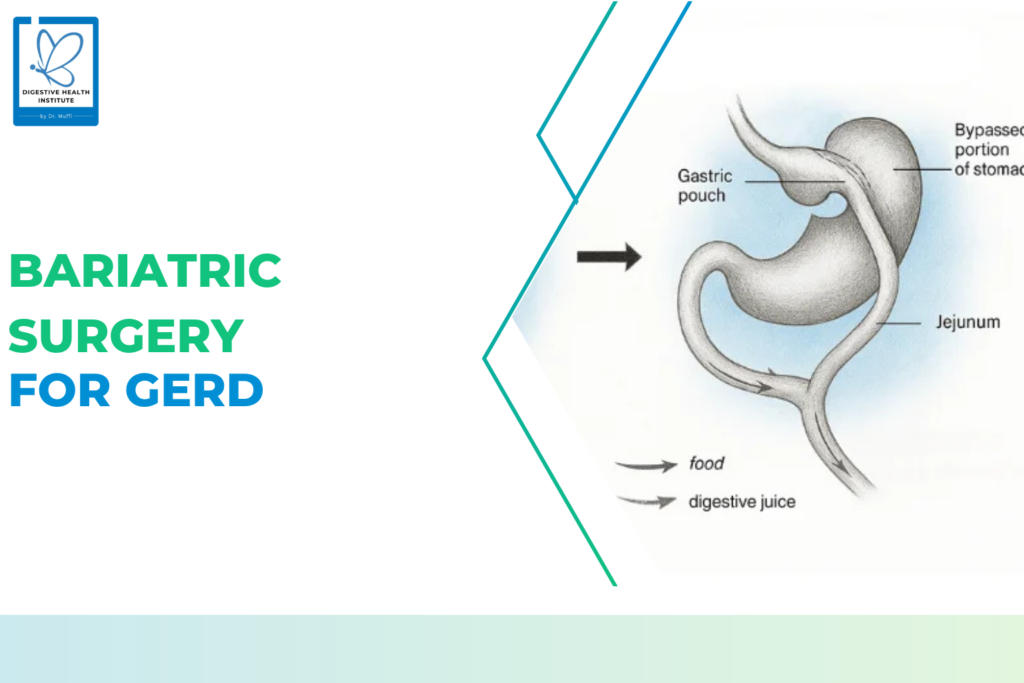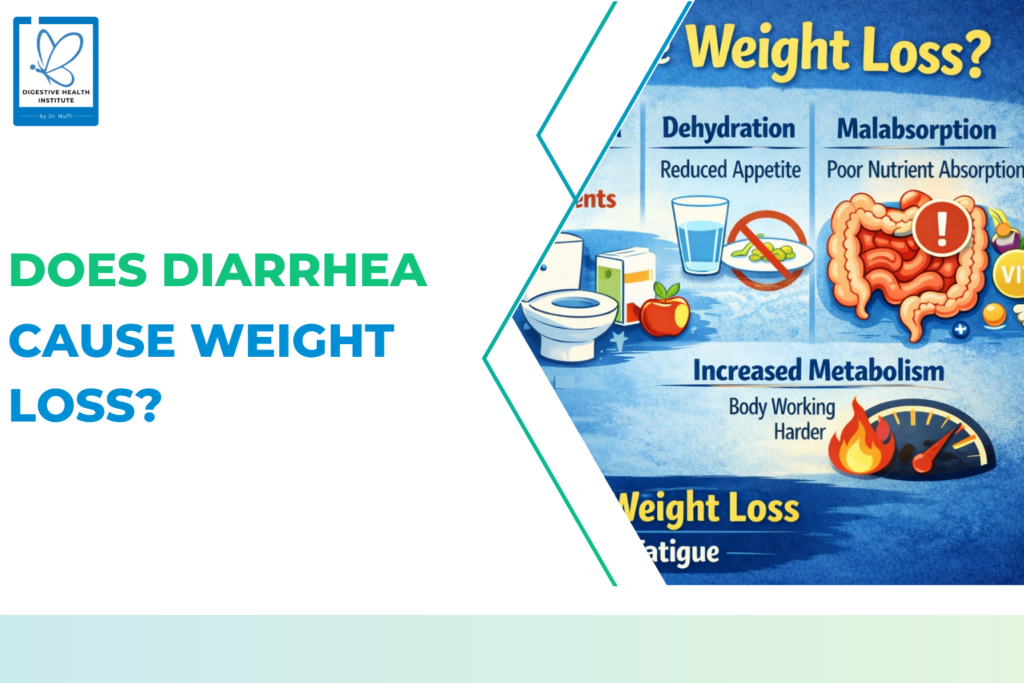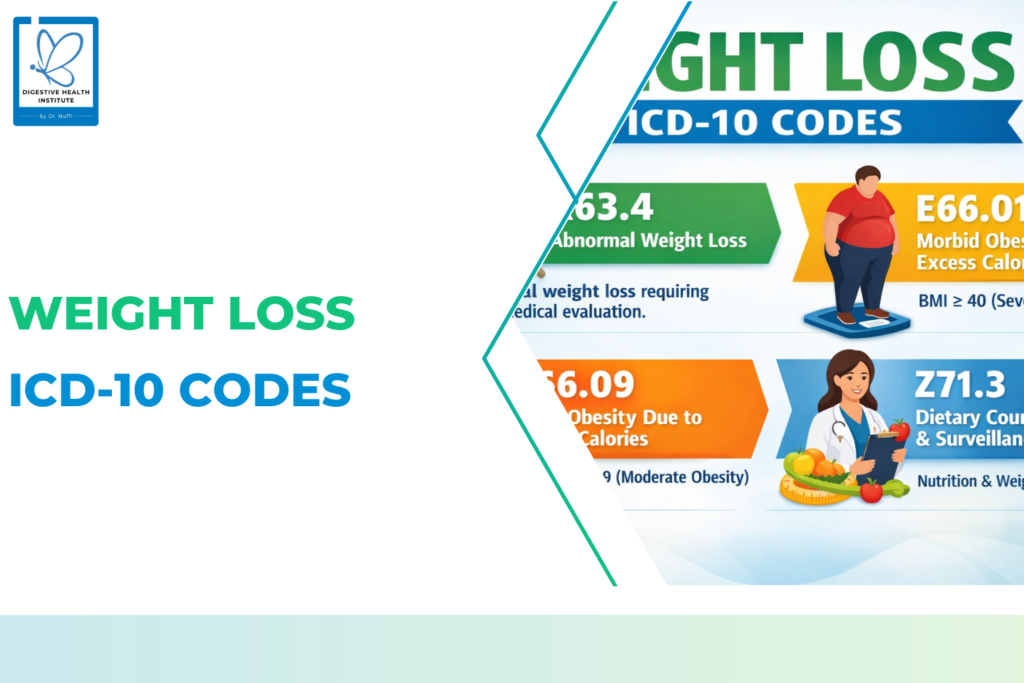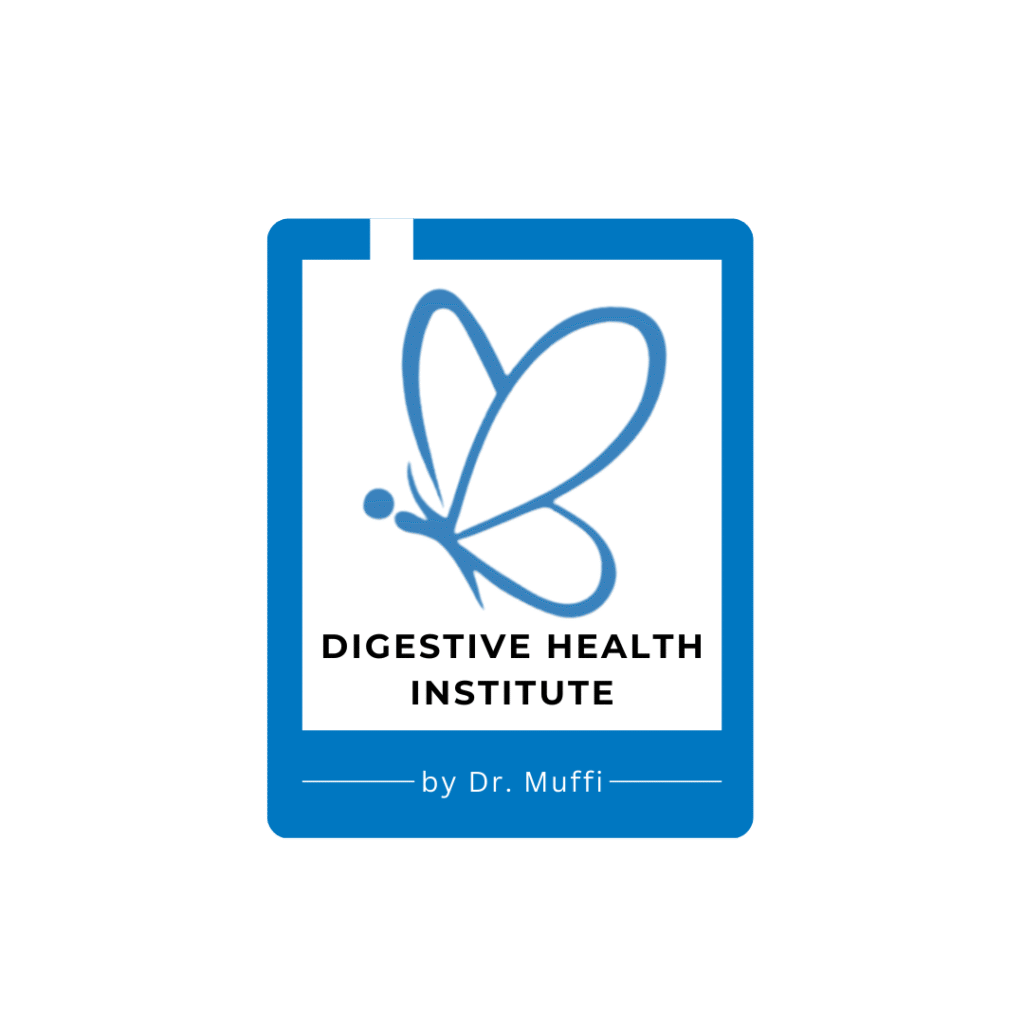Post-pregnancy Weight Loss: Safe and Effective Tips for New Mothers
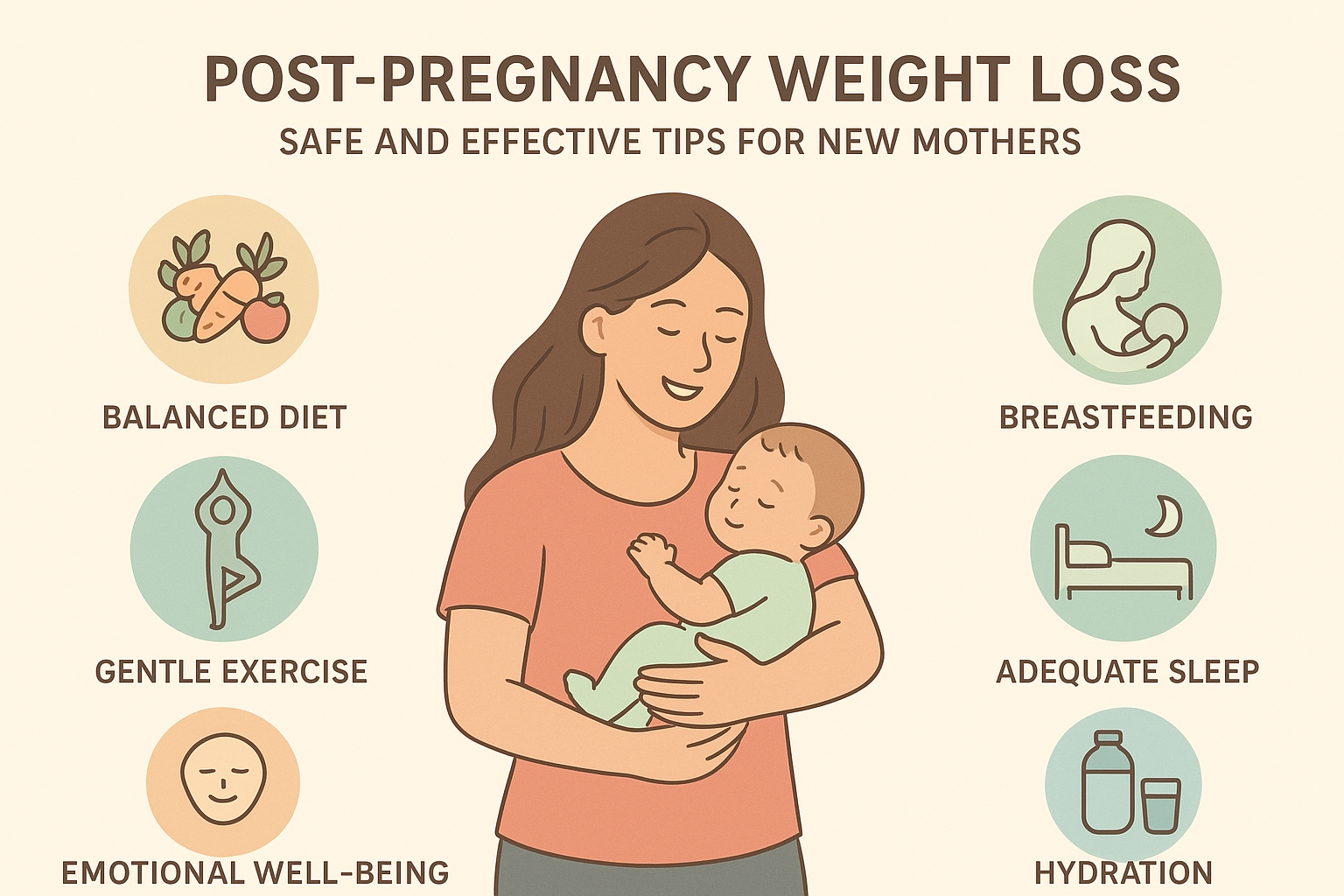
Bringing a baby into the world is a beautiful experience, but for many mothers, the journey doesn’t end with childbirth. The postpartum period comes with physical, emotional, and lifestyle changes. One of the most common challenges new mothers face is post pregnancy weight gain. While it’s natural to gain weight during pregnancy, many women struggle to shed those extra kilos after delivery.
If not managed carefully, weight issues after childbirth can lead to long-term health risks such as obesity, diabetes, and even postpartum depression. The good news is that with the right strategies, postpartum weight loss can be both safe and effective. This article dives deep into the causes of post-pregnancy weight gain, science-backed weight loss methods, lifestyle adjustments, and tips to ensure new mothers prioritize health without compromising their recovery.
Why Post Pregnancy Weight Gain Happens
Every woman’s body responds differently to pregnancy, but some common causes of postpartum weight gain include:
- Hormonal changes: Fluctuations in estrogen and progesterone can slow metabolism.
- Increased calorie intake during pregnancy: Many women continue pregnancy eating habits after delivery.
- Sedentary lifestyle: Recovery period reduces activity levels.
- Sleep deprivation: Lack of sleep increases cravings and stress hormones.
- Emotional eating: Stress, fatigue, and postpartum depression may trigger overeating.
Understanding these factors is the first step toward achieving healthy postpartum weight loss.
Postpartum Recovery: Why Weight Loss Should Be Gradual
It’s important to remember that weight loss after childbirth is not about quick fixes. Doctors recommend waiting 6–8 weeks after delivery before starting any active weight loss plan. For mothers who have undergone C-section, recovery may take longer.
Why gradual weight loss is essential:
- Prevents nutrient deficiency while breastfeeding.
- Allows the body to heal internally.
- Reduces the risk of postpartum depression triggered by extreme dieting.
- Helps build sustainable habits for long-term weight management.
The goal should be health and well-being, not just numbers on the scale.
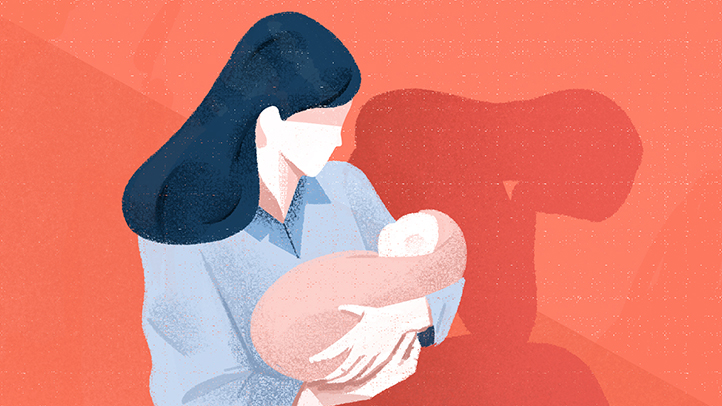
Safe Postpartum Weight Loss Tips for New Mothers
1. Focus on Balanced Nutrition
Your diet plays the biggest role in postpartum recovery and weight management.
- Eat whole grains, lean protein, vegetables, fruits, and healthy fats.
- Avoid processed foods, refined sugar, and fried snacks.
- Stay hydrated — drink at least 2–3 liters of water daily.
- Include iron, calcium, and omega-3 rich foods for healing and energy.
- For breastfeeding mothers, consume an additional 300–500 calories per day for milk production.
Pro Tip: Instead of crash diets, practice mindful eating — chew slowly, control portion sizes, and eat only when hungry..
2. Incorporate Light Exercise Gradually
Exercise is crucial for postpartum weight loss, but it must be introduced carefully.
- Start with gentle walking after doctor approval.
- Try pelvic floor exercises (Kegels) to strengthen core muscles.
- Move to low-impact workouts like yoga, pilates, or swimming after 8 weeks.
- Include strength training gradually to improve metabolism.
Key rule: Listen to your body. If you feel pain or excessive fatigue, slow down.
3. Breastfeeding and Weight Loss
Breastfeeding not only benefits the baby but also helps mothers burn calories. Research shows that exclusive breastfeeding can burn around 500 extra calories per day, aiding natural weight loss.
However, this doesn’t mean mothers should cut calories drastically. A nutrient-rich diet ensures both the mother and baby remain healthy.
4. Prioritize Sleep and Rest
New mothers often get very little sleep, leading to hormonal imbalances. Lack of sleep increases cortisol levels, which encourages fat storage, especially around the belly.
Tips to improve sleep during postpartum:
- Sleep when the baby sleeps.
- Share responsibilities with family.
- Avoid late-night screen time.
- Practice relaxation techniques like meditation.
Even short naps can make a big difference in energy levels and weight management.
5. Manage Stress and Postpartum Depression
Emotional health is as important as physical health. Many women face postpartum depression, which can lead to emotional eating, inactivity, and poor self-care.
Ways to manage stress effectively:
- Join support groups or talk to other mothers.
- Practice mindfulness and deep breathing exercises.
- Seek professional help if symptoms persist.
When mental health is balanced, weight loss becomes easier and more sustainable.
6. Avoid Crash Diets and Extreme Restrictions
Some mothers rush into extreme dieting to shed weight quickly. This approach is harmful because:
- It reduces milk supply during breastfeeding.
- Increases fatigue and weakness.
- Triggers nutrient deficiencies.
- Leads to rebound weight gain once the diet stops.
Instead, aim for a slow and steady weight loss of 0.5–1 kg per week.
7. Hydration and Detox Benefits
Water plays a vital role in postpartum weight loss. It helps flush toxins, keeps digestion smooth, and prevents overeating by curbing false hunger cues.
Other hydrating options include:
- Herbal teas (like fennel, ginger, or chamomile).
- Warm lemon water in the morning.
- Coconut water for natural electrolytes.
Avoid sugary sodas, packaged juices, and excess caffeine.
8. Smart Snacking Choices
Instead of reaching for biscuits or chips, choose healthier snacks:
- Nuts and seeds (almonds, flaxseeds, chia seeds).
- Greek yogurt with fruits.
- Roasted chickpeas.
- Vegetable sticks with hummus.
Smart snacking prevents overeating during main meals and supports metabolism.
9. Involve Your Baby in Workouts
Yes, your little one can be part of your fitness journey!
- Try babywearing walks.
- Do simple yoga stretches while your baby is nearby.
- Gentle dance sessions with your baby can be fun and effective.
This not only burns calories but also strengthens your bond with your child.
10. Professional Guidance: Nutritionists and Trainers
Sometimes, postpartum weight loss requires professional help. Consulting a dietitian, physiotherapist, or trainer ensures that you follow a plan tailored to your body and recovery stage.
For mothers with severe weight gain, conditions like thyroid imbalance, or risk of diabetes, professional guidance is essential for long-term weight loss management.
Role of Bariatric Surgery in Post Pregnancy Weight Gain
While most women can achieve postpartum weight loss through lifestyle changes, some may struggle with severe obesity due to medical conditions or excessive weight gain.
In such cases, bariatric surgery may be considered under strict medical supervision. However, this is usually recommended only if:
- Natural weight loss methods fail.
- The mother faces obesity-related health risks.
- Significant time has passed since delivery and breastfeeding has ended.
Bariatric surgery is not a first-line option, but it can be a long-term solution for women facing chronic obesity.
Weight Loss Management for Long-Term Success
Losing postpartum weight is only part of the journey. The bigger challenge is keeping it off.
Strategies for sustainable weight loss management:
- Follow a consistent meal schedule.
- Engage in daily physical activity (30 minutes minimum).
- Track progress with a journal or app.
- Celebrate small milestones without relying on food rewards.
- Make it a family lifestyle change rather than an individual struggle.
Consistency is the secret ingredient for lasting results.
Myths About Postpartum Weight Loss
Many mothers fall prey to myths about post pregnancy weight loss. Let’s bust a few:
- “Breastfeeding will automatically make me slim.” → While it helps, diet and activity still matter.
- “I must get back to pre-pregnancy weight quickly.” → Every woman’s body heals at its own pace.
- “Skipping meals will speed up weight loss.” → It leads to weakness and slows metabolism.
- “Postpartum exercise is unsafe.” → With doctor approval, gentle exercise is safe and beneficial.
Clearing these misconceptions helps mothers focus on practical, safe solutions.
FAQs About Postpartum Weight Loss
Q1. How soon can I start postpartum weight loss efforts?
Most mothers can start light activities like walking 6–8 weeks after delivery, but always consult your doctor before beginning.
Q2. Does breastfeeding guarantee weight loss?
Breastfeeding helps burn calories, but it doesn’t guarantee weight loss. A balanced diet and exercise remain important.
Q3. What if I face postpartum depression while trying to lose weight?
Seek professional help immediately. Mental health support is essential before focusing on physical weight loss.
Q4. Can I use weight loss supplements after pregnancy?
It’s best to avoid supplements unless prescribed. Whole foods and balanced nutrition are safer for postpartum recovery.
Q5. Is postpartum belly fat harder to lose?
Yes, belly fat can be stubborn due to hormonal changes, but consistent exercise and nutrition can reduce it gradually.
Q6. Can bariatric surgery help with post-pregnancy obesity?
Yes, but only in extreme cases where natural methods fail and under medical guidance, after breastfeeding is completed.
Conclusion
The journey of motherhood is transformative, and while post pregnancy weight gain is natural, it doesn’t have to be permanent. By following safe and sustainable strategies — balanced nutrition, gentle exercise, stress management, and professional guidance — new mothers can achieve healthy postpartum weight loss.
Most importantly, this journey should not be rushed. A strong body and mind are the foundation for raising a healthy child. Remember, every step you take toward self-care is an investment in your baby’s future too.
